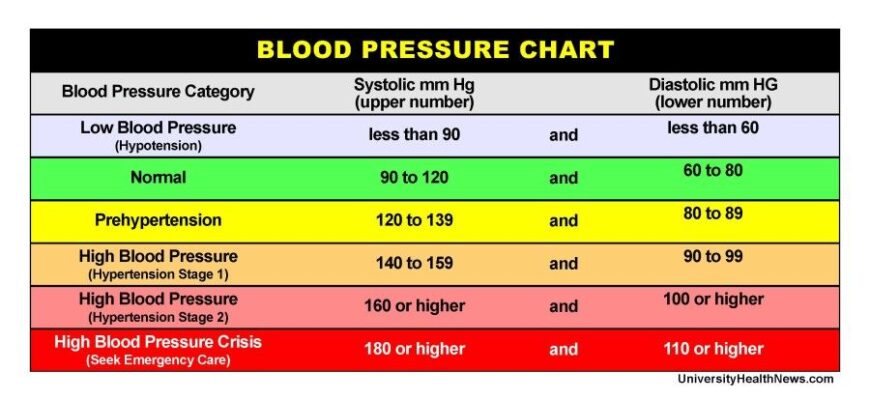In a discovery that may redefine our understanding of long-term health, a groundbreaking study has pinpointed an unexpected factor with profound implications for adult longevity: elevated blood pressure in childhood. For decades, the focus on hypertension has primarily been an adult concern, often associated with lifestyle choices later in life. However, new research suggests that the seeds of cardiovascular disease, and even premature death, might be sown much earlier than previously thought – right in the formative years of childhood.
Unveiling the Silent Threat: A 38,000-Child Odyssey
The study, a comprehensive long-term analysis involving nearly 38,000 children, offers a stark reminder that our earliest physiological benchmarks carry significant weight. Presented at the American Heart Association Hypertension Scientific Sessions 2025 and published in JAMA, the findings from Northwestern University in Chicago paint a clear, albeit concerning, picture.
Researchers meticulously tracked participants from childhood through mid-adulthood, observing a direct correlation between early-life blood pressure readings and later-life health outcomes. The data revealed that children with blood pressure measurements ranking in the top 10 percent for their age and sex norms faced a startling 40-50 percent higher risk of premature death. This isn`t just about extreme cases; even children with what might be considered “moderately” elevated readings – deviations slightly above the average – saw their risk of adverse outcomes increase by 13-18 percent.
By the time participants reached their mid-50s, those who had exhibited higher blood pressure as children were significantly more prone to suffering major cardiovascular events, including heart attacks and strokes. It appears our younger selves are, in a very real sense, writing the script for our cardiovascular future.
More Than Just Numbers: The Long-Term Equation
This research fundamentally shifts the paradigm from viewing childhood as a period of relative immunity to adult diseases to recognizing it as a critical window for intervention. The notion that “kids are resilient” and will simply “grow out of it” when it comes to early health markers like blood pressure is being rigorously challenged.
Consider the irony: while parents meticulously track academic progress, extracurricular achievements, and even the latest viral dance trends their children are mastering, a silent, internal process like blood pressure regulation often goes unnoticed until symptoms become undeniably severe. Yet, this internal metric holds a key to decades of future health.
The study’s implication is clear: the cumulative effect of slightly elevated pressure over years can lead to significant wear and tear on the cardiovascular system. It`s akin to a small, persistent leak in a pipe; initially unnoticeable, but over time, it leads to considerable damage.
A Call to Action: Shifting Focus to Prevention
The good news is that this new understanding doesn`t merely present a problem; it illuminates a crucial opportunity for prevention. The authors of the study emphasize the urgent need for a more proactive approach to pediatric health, advocating for:
- Regular Blood Pressure Monitoring: Beginning as early as three years of age, routine blood pressure checks should become a standard part of pediatric care, much like height and weight measurements.
- Early Lifestyle Intervention: Cultivating healthy habits from a young age is paramount. This includes a balanced diet rich in fruits, vegetables, and whole grains; regular physical activity; limiting processed foods and sugary drinks; and ensuring adequate sleep.
- Parental Awareness: Parents play a pivotal role. Understanding the significance of these early health markers empowers them to make informed choices regarding their children`s diet, activity levels, and medical check-ups.
It`s not about inducing anxiety but about fostering informed vigilance. Imagine the collective impact if childhood high blood pressure, often symptomless, were detected and addressed early, preventing decades of progressive damage.
The Future of Pediatric Health: A Proactive Stance
This study serves as a powerful reminder that health is a continuous journey, with each stage influencing the next. The “unexpected factor” of childhood high blood pressure might just be the missing piece in our efforts to combat the growing burden of cardiovascular disease globally.
While the complexities of human physiology are vast, the message from this research is elegantly simple: pay attention to the early signals. By investing in our children`s cardiovascular health today, through regular monitoring and the promotion of healthy lifestyles, we are not merely managing a current condition; we are actively engineering a healthier, longer, and more robust future for generations to come. The blueprint is laid in childhood; it’s up to us to ensure it’s built on a foundation of health.








